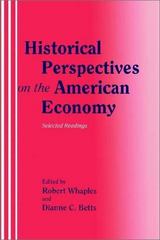Please help me with these questions thank you:
1. How did national economic policy in most countries change after World War I? a. They retreated into sheltered national economies b. They continued to expand their colonial expansion c. They no longer tightly controlled international financial flows d. They no longer tightly controlled international trade flows e. They adopted the gold standard to finance the war 2. The Post WWII global economy differed from the classical liberal system of the 19th century in important ways. Which of the following statements is NOT true about these differences? a. In the 19th century liberal system, governments eliminated trade barriers but made little effort to manage domestic economic activity b. The Great Depression encouraged governments to promote growth and limit unemployment c. The rules embodied in the Bretton Woods system provided no insulation between the domestic and the international economies d. There were significant changes in public attitudes about the government's proper economic role e. The rules embodied in the Bretton Woods system provided some insulation between the domestic and the international economies3. The model that argues that trade politics are driven by competition between competition between labor and capital is called a. the factor model b. the distributional model c. the conservative model (1. the liberal model 6. the sector model 4. In the context of industrial policies, weak states are characterized by a. large number of channels through which societal actors can attempt to inuence policy b. high degree of centralization of authority c. weak business and labor interest groups (1. high degree of coordination among state agencies 6. small number of channels through which societal actors can attempt to inuence policy 5. The WTO's dispute settlement mechanism is necessary a. so that governments can disregard WTO rules with impunity b. in order to authorize punishment in the event of noncompliance c. in order to avoid punishment by providing an independent quasi-judicial tribunal (1. because this ensures that individual compliance with established rules is guaranteed e. in order to avoid punishment in the event of compliance








